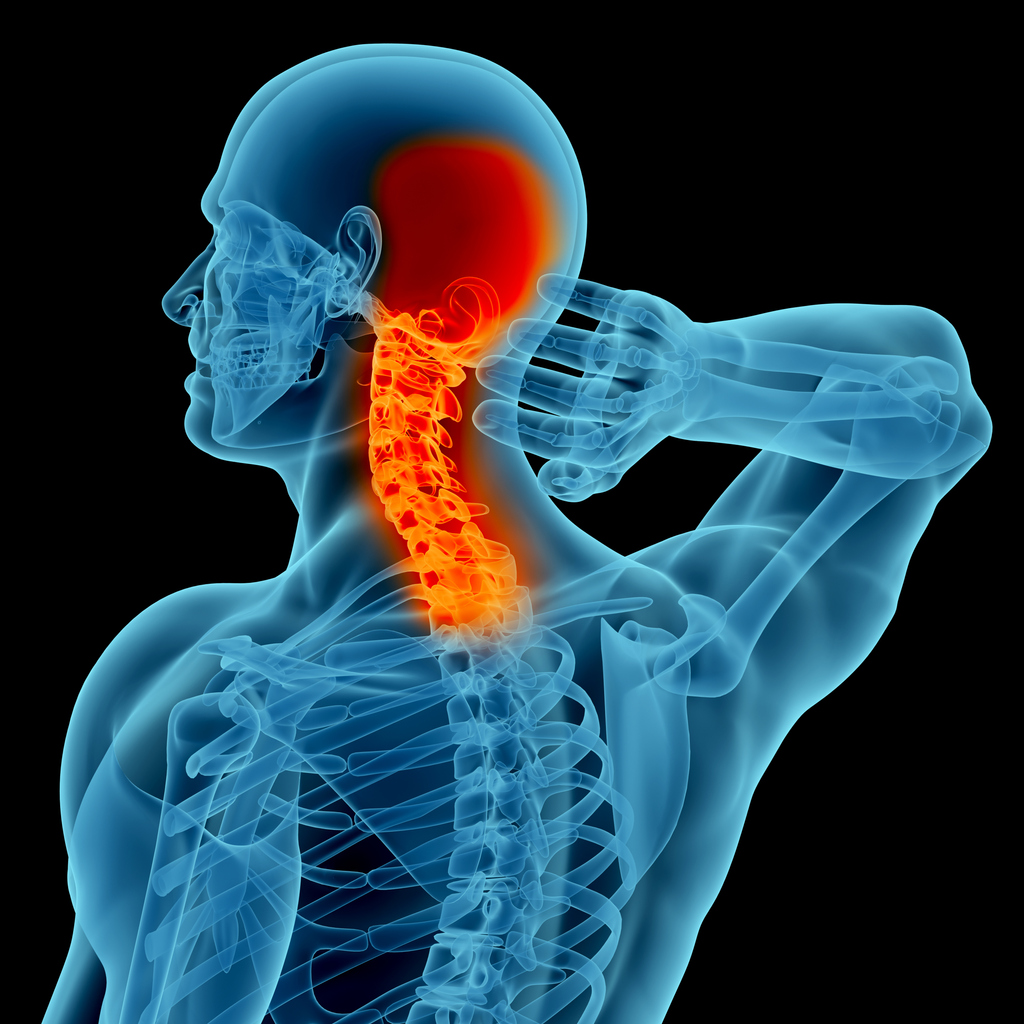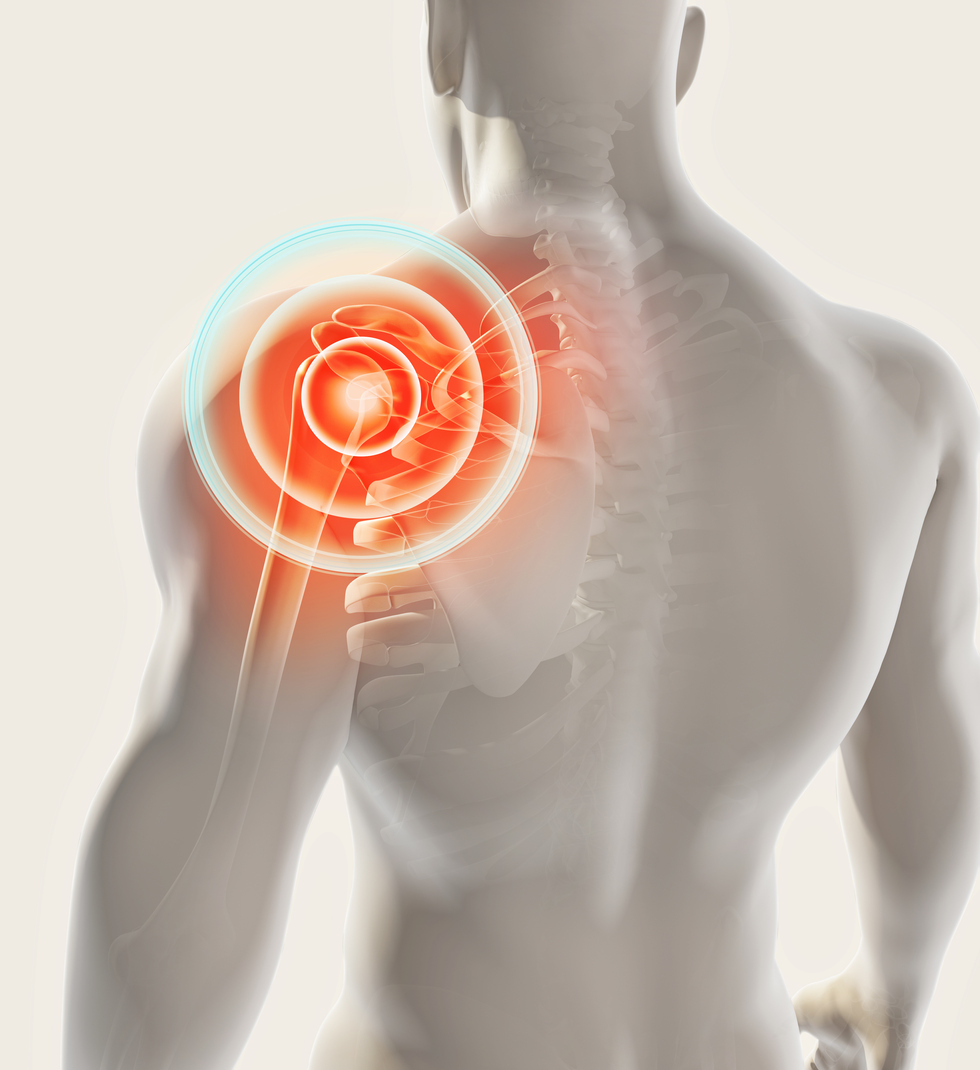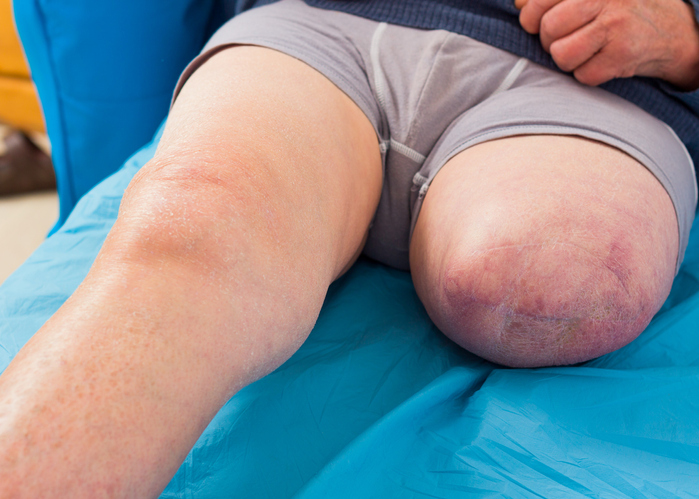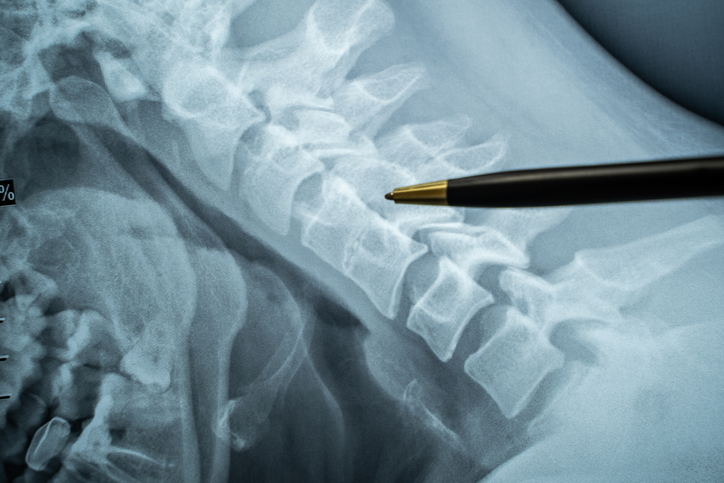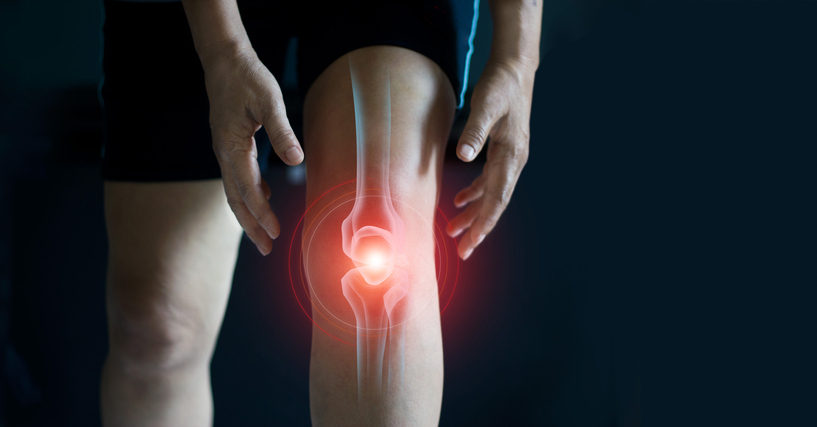Pain
8 Types of Pain That Shouldn't Be Ignored

102 people found this helpful
Print
Share
Save
It can be difficult to distinguish if pain sensations are normal aches and pains or something more serious that requires medical attention. Certain types of pain, especially if they come on suddenly, should be checked out by a medical professional.
- Pain, pressure, or a feeling of heaviness in the chest can be an indicator of a heart attack. Heart attack pain can also expand to other parts of the body, including the shoulders, arms, neck, jaw, or upper back. Shortness of breath is also often experienced. Women are more likely than men to experience atypical symptoms, such as sweating, indigestion, abdominal discomfort, nausea/vomiting, dizziness, or unexplained fatigue.
- A sudden, severe headache may indicate a stroke or blood clot. Be watchful for other symptoms including stiff neck, fever, confusion, weakness, numbness, vomiting or fainting. Headaches that begin to occur more frequently or are more intense should also be checked out due to the risk of a cerebral hemorrhage or a brain tumor.
- Lower back pain is often caused by the “wear and tear” associated with aging, but in some cases, it may be caused by infection, a ruptured or herniated disc, or kidney stones. If moderate-to-severe back pain lasts for longer than two weeks, a visit to a health care provider is warranted. If weakness or numbness is experienced in a leg, a doctor should be seen. When back pain is accompanied by bowel or bladder dysfunction, emergency medical attention should be sought as nerve compression may be the cause. Pain in the lower back may also be caused by heart disease. It may also precede an aortic dissection, which is a serious issue in which the blood vessel that supplies blood to the middle and lower parts of the body bursts.
- Severe abdominal pain requires emergency medical care as it could be caused by appendicitis, pancreatitis, gallbladder issues, ectopic pregnancy, blocked bowels, or other stomach conditions.
- Leg pain is often muscular; however, if it comes on suddenly, is sharp or severe, and is accompanied by swelling and tenderness in one leg, it could be a blood clot, which is a life-threatening condition. While a blood clot is a medical emergency, other causes of leg pain also require medical attention. If leg pain is affecting movement or increasing in intensity, a health care provider should be consulted.
- Painful urination is always a cause for concern, and a doctor should be consulted if painful urination is occurring. If painful urination includes symptoms such as fever, blood in the urine, fever, or back pain, immediate attention is warranted. A urinary tract infection, kidney stone, or bladder stone may be to blame.
- Hand and foot pain can be caused by nerve damage due to diabetes. Pain caused by peripheral neuropathy is often described as “pins and needles” or “shooting” pain.
- Pain that cannot be identified may be caused by major depressive disorder or an anxiety disorder. Mood disorders may make it difficult to pin down the exact cause of pain. Pain may be present in the joints, arms, legs, back or head.










